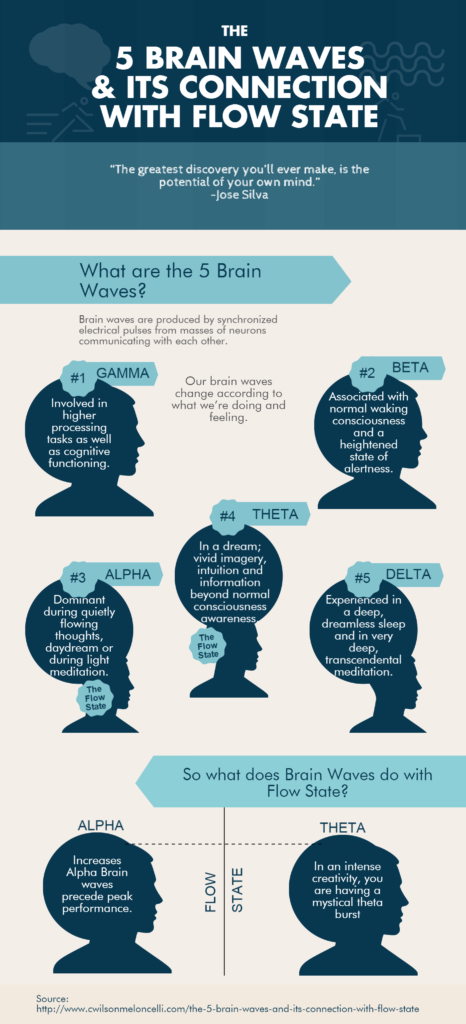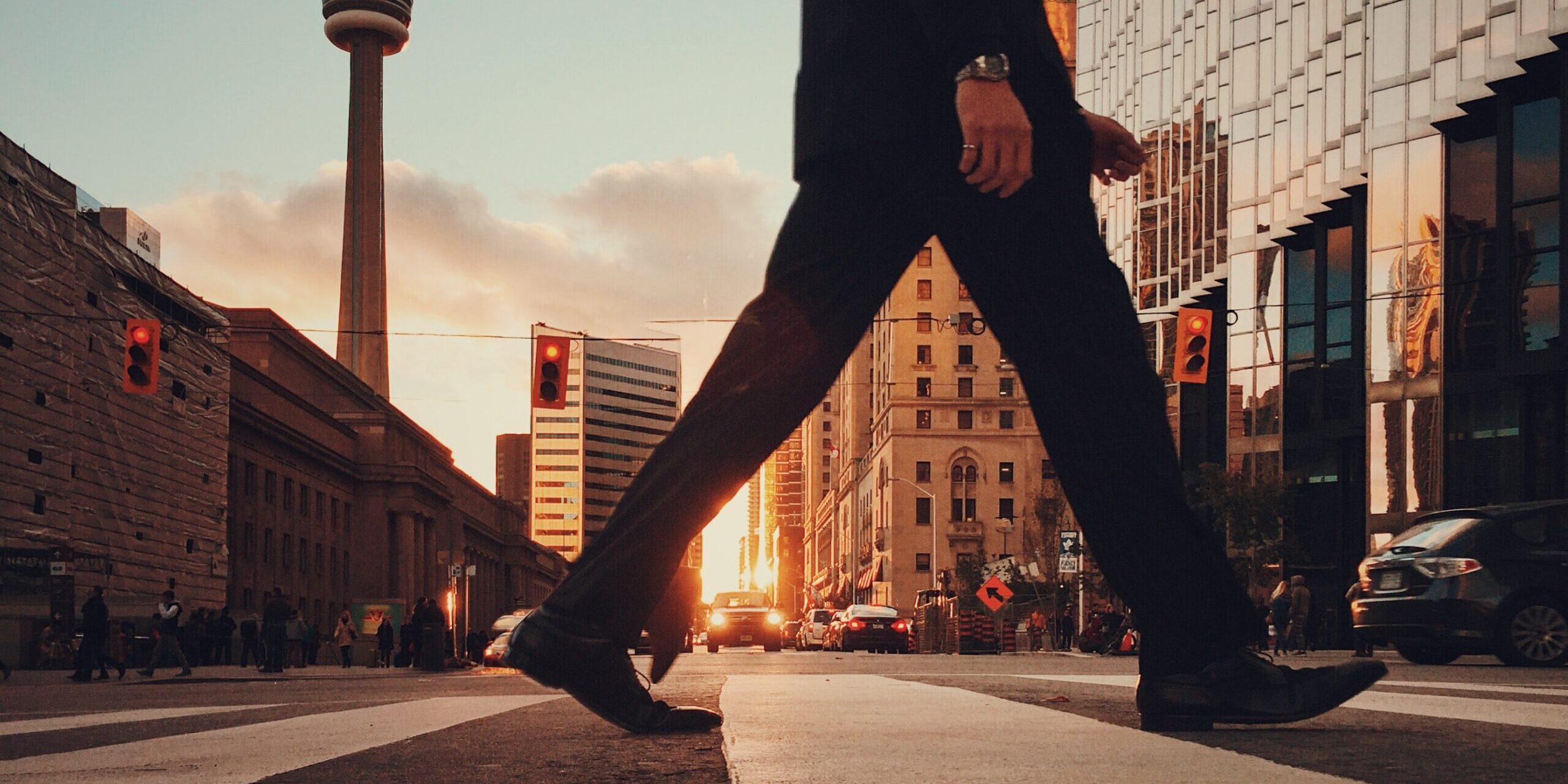I am going to ask you to perform a small experiment in this article.
Write down how you are feeling right now whilst reading this – three words that describe your current mood. Do not overthink this, just the first three words that come to mind. Done? Set these words aside for now and keep reading.
1. Walking and wellbeing
To maintain optimum performance, we need to take short breaks in between more intense periods of work. Walking can be one of the best and easiest ways to do this. Like all forms of exercise, walking encourages our brains to release endorphins – a chemical that when released can reduce stress, anxiety and depression. Your heart will pump faster – you will be circulating more blood and oxygen throughout your body.
Furthermore, if the workplace is stressful, a short walk will remove you from the stress generating place – it will put some literal distance between you and your work environment enabling you with the opportunity to get some headspace and to renew.
TLDR; walking can improve your mood.
Research has revealed how walking aids health. The following are taken from a Harvard University article, key points summarised below:
- Weight-promoting genes halved amongst walkers who walked briskly for 30 minutes daily
- A short walk can reduce cravings for chocolate and other sweets you might otherwise reach for in stressful situations
- An American Cancer Society found women who walked seven or more hours per week had a 14% lower risk of breast cancer
- Walking protects our joints — especially knees and hips — by lubricating them and strengthening the muscles that support them.
- People who walked at least 20 minutes a day, at least 5 days a week, had 43% fewer sick days than those who exercised once a week or less
TLDR; walking is good for your body.
2. Walking and creativity
How vain it is to sit down to write when you have not stood up to live.
~ Henry David Thoreau
Experiments show people perform better on memory and attention tests both after and during exercise. In 2014 Stanford University looked specifically at the difference between walking and sitting.
The results were consistent, and if you are in any kind of role that requires creativity (I would argue we all are as we all need to solve problems) then this next statement is powerful:
“Creative thinking improves while a person is walking and shortly thereafter. The study found that walking indoors or outdoors similarly boosted creative inspiration. The act of walking itself, and not the environment, was the main factor. Across the board, creativity levels were consistently and significantly higher for those walking compared to those sitting.”
Interesting, isn’t it? That it is the act of walking that makes the difference (not necessarily the location). Yet how many of us sit at our desk for most daily problem-solving tasks? I would argue that if you are stuck with something – cannot see the wood for the trees – then that is the exact time to take a short walk.
There’s a good article in New Yorker about how walking changes our thinking, I’m going to summarise their key points here:
- Walking connects us with our intuition and changes the way we think
- Walking does not require any significant conscious effort – our minds are free to wonder
This supports something we all know – our best ideas do not come to us at our desks. They occur intuitively. For example, when we are driving home listening to music, out walking the dog, in the middle of the night when we thought we were asleep…
Walking gives our brains the chance to decompress and to relax. Scientists have shown that distinct types of brain waves support different activities – we have distinct types of thinking we can use depending on the task at hand. Most of the time at work, especially in the office at our desks, we experience ‘Beta’ brain waves. These are perfect for decision making, for the times when we need logical thinking, when we are working through tasks and activities (or writing blogs!). However, Beta brain waves aren’t ideal for when we need to solve problems – the times when we need creativity to solve challenges.

Source: https://www.cwilsonmeloncelli.com/the-5-brain-waves-and-its-connection-with-flow-state/
It is not a guarantee that walking will induce ‘Alpha’ brain waves, but it absolutely gives you a chance to relax and unwind.
I personally use walking to boost my creative thinking. However, I always aim to have a question in mind before I go for a walk, for example ‘what should the campaign be called’. Then I simply go for a walk and do not actively think about anything.
I am guessing you have experienced ‘flashes of inspiration’ at some time? I get this from walking in this manner. Meditation works in a remarkably comparable way for me too, but that is a whole topic for another blog!
One further consideration for walking and creativity is that there is research that indicates people more readily experience Alpha waves when they walk in nature, in scenic environments:
“During the 1-minute analysis, most of the high alpha brainwave means values were higher when the participants walked in the bamboo forest than when they walked in the city area”
This differs a little from the findings of the Stanford study where they found that divergent thinking improved regardless of where someone walked. Personally, I suspect that walking in nature, or anywhere breath-taking, is where we have the highest chance of experiencing Alpha brain waves as it more readily shuts off our incessant thinking – we are visibility in a place we know to be ‘bigger’ than us. So, in an ideal world, I would go for a beautiful walk to boost my creative thinking opportunity, but when that is not available, I will settle for a walk around the local housing estate!
TLDR; walking increases creativity.
Ok, back to the experiment.
Please go for a walk in your lunch break – spend at least 15 minutes walking, you are not trying to get anywhere in a certain period, simply enjoy your walk, go at a relaxed and easy pace, a pace that you feel comfortable with. Do not look at your phone during this time! It does not matter where you walk, you can be in nature, walking around a housing estate, or even on a treadmill. Simply walk. Enjoy. Be.
As soon as you are back from your walk
Once you are back at your desk, write down three words that describe your current mood. The first three words that came into your mind. Are these different words from the ones you wrote earlier when you were (I am assuming) sitting and reading? How do you feel now you have been for a short walk? What changed? I would love to hear.
Photo by Arturo Castaneyra on Unsplash






